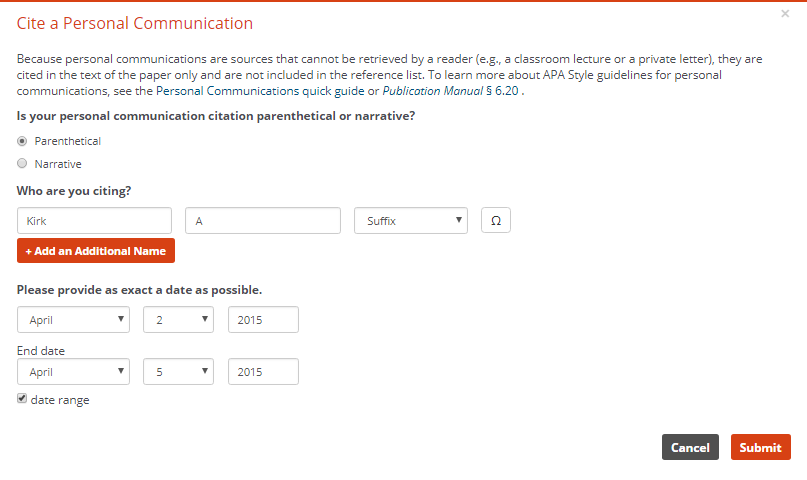We recently released an update to the Thesaurus of Psychological Index Terms. The Thesaurus provides precise and consistent terminology for searching all APA research databases. We added 305 new “preferred” Index Terms and approximately 70 new non-postable or “use” references*.
Each item in the APA databases – journal articles, books and book chapters, dissertations, and more – is represented by a record that is indexed, or tagged, with Index Terms from the Thesaurus. The use of a controlled vocabulary allows someone searching a database to quickly find all items about a specific concept — such as Animal Behavior, Marginalized Groups, or Prescription Drug Misuse — no matter what terminology or keywords the authors used.
Reflecting emerging areas, technologies, and social issues as well as changing nomenclature, this updated vocabulary will provide users with more targeted and efficient search and discovery. Additionally, we added new terminology in the expanding areas of psychological assessment, psychometrics, and research methods. You can view more details on our web page, What’s New in the 2019 Update, including a link to the full list of new and updated Index Terms (PDF, 135KB).
Continue reading






